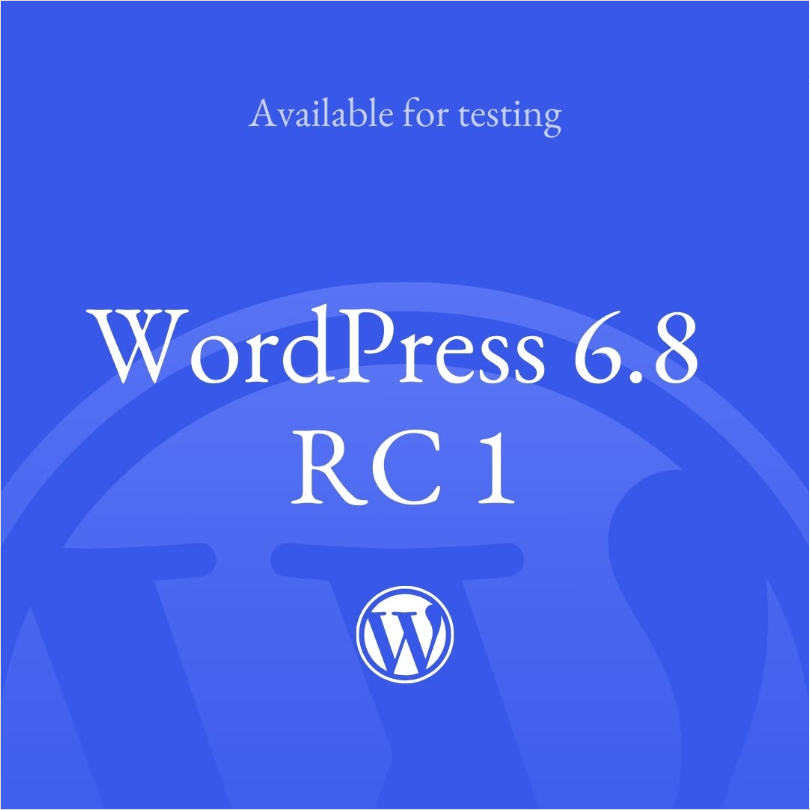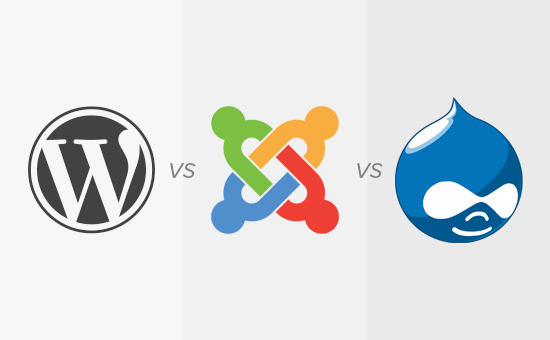E-commerce continues to grow and many merchants are looking for flexible, customizable and cost-effective solutions to build their online stores. Open source content management systems (CMS) have become the preferred choice for many e-commerce platforms as a convenient and highly scalable option.
1. WooCommerce (based on WordPress)
WooCommerce is one of the most popular e-commerce plugins designed specifically for WordPress, providing an easy way to transform an ordinary website into a powerful online store.WooCommerce It is a free open source plugin itself, but you can install additional paid plugins on demand to extend the functionality.
![Image [1] - Best Open Source CMS Solutions for E-Commerce in 2025 | Comparison of WooCommerce, Magento, PrestaShop and other platforms](http://gqxi.cn/wp-content/uploads/2025/05/20250523150030259-image.png)
Easy to use: Fully integrated seamlessly with WordPress, users can easily manage products, inventory, orders and more.Rich plugin ecosystem: Provides thousands of plug-ins and themes that support various payment gateways and logistics interfaces.Community Support: As one of the most popular eCommerce solutions, WooCommerce has a large community that can provide a variety of tutorials, plugins, and support.
- small or medium size enterprise (SME)
- Businesses that need to go live quickly and have a limited budget
- Users who are already using WordPress
Advantage: - Easy to use and quick to get started
- Powerful customization
- Rich payment and logistics plug-ins
Disadvantage: - Higher server configurations may be required for high traffic volumes
- Developer support may be required for highly customizable requirements
2. Magento Open Source
Magento is a powerful open-source e-commerce platform for merchants who require complex functionality and a high degree of customization.Magento The Community Edition is free and offers similar functionality to its Enterprise Edition, but lacks certain advanced features such as enterprise-level support and more advanced reporting capabilities.
![Image [2] - Best Open Source CMS Solutions for E-Commerce in 2025 | Comparison of WooCommerce, Magento, PrestaShop and other platforms](http://gqxi.cn/wp-content/uploads/2025/05/20250523153928149-image.png)
Powerful features: Offers multi-store management, customized merchandise, powerful marketing tools and detailed reporting.Scalability: Supports thousands of products for large-scale stores.Open Source: Offers full customization possibilities and is capable of meeting enterprise-level requirements.
- Medium to large enterprises
- Merchants requiring highly customized and complex functionality
- Enterprises with high scalability and performance requirements
Advantage: - Strong scalability for large stores
- Fully customizable to support complex functional requirements
Disadvantage: - Complex to install and maintain, requiring specialized developers
- High-performance requirements, which may require expensive hosting services
3. PrestaShop
PrestaShop is another popular open source e-commerce platform that offers a complete set of e-commerce solutions. It provides merchants with a flexible platform to sell a variety of goods and supports features such as multi-language and multi-currency.
![Image [3] - Best Open Source CMS Solutions for E-Commerce in 2025 | Comparison of WooCommerce, Magento, PrestaShop and other platforms](http://gqxi.cn/wp-content/uploads/2025/05/20250523155246558-image.png)
Easy to install: PrestaShop has an easy installation process that allows merchants to quickly set up their store.Multi-language support: Support for multiple languages and currencies is ideal for internationalized business.Powerful module system: A large number of free and paid modules are provided to extend the store with various features such as payment gateways, marketing tools, and more.
- Small and medium-sized stores
- Internationalized merchants requiring multi-language and multi-currency support
- Businesses that need a platform that is easier to install and maintain
Advantage: - Easy to install and suitable for quick setup
- Rich Module and Theme Support
- Free to use and supports extensions
Disadvantage: - Functionality is basic, complex features may require paid modules
- Greater reliance on developer support
4. OpenCart
OpenCart It is a lightweight, open source e-commerce solution that provides an intuitive backend management interface for small and medium-sized businesses. It allows users to easily manage products , orders and customers , and has a wealth of extensions and themes to choose from .
![Image [4] - Best Open Source CMS Solutions for E-Commerce in 2025 | Comparison of WooCommerce, Magento, PrestaShop and other platforms](http://gqxi.cn/wp-content/uploads/2025/05/20250523154950761-image.png)
Easy to use: Suitable for merchants with no development experience, the backend interface is friendly and intuitive.Plug-ins galore: Offers a large number of free and paid plugins that support a variety of payment and logistics services.Multi-store support: Allows merchants to manage multiple stores on one platform.
- Small to medium-sized stores
- Merchants who need a clean interface and basic e-commerce functionality
- Businesses with low performance requirements
Advantage: - User-friendly for merchants with no development background
- Extensible, plugins and themes galore
Disadvantage: - May not be powerful enough compared to other platforms
- Performance bottlenecks can occur during high traffic and large-scale commodity management
5. Shopware
Shopware is a German-developed open source e-commerce platform that supports a high degree of customization and offers a number of enterprise-level features. It is ideal for merchants who have high requirements for user experience and store customization.
![Image [5] - Best Open Source CMS Solutions for E-Commerce in 2025 | Comparison of WooCommerce, Magento, PrestaShop and other platforms](http://gqxi.cn/wp-content/uploads/2025/05/20250523155621783-image.png)
- Highly customizable: Provides strong API support for seamless integration with third-party systems.
- Strong community support: With an active community and tons of plugins and themes.
- Multi-channel sales: Supports cross-platform sales, including online stores, social media, marketplaces and more.
- Medium to large enterprises
- Highly customizable store required
- Merchants who internationalize and sell across channels
Advantage: - Powerful customization and flexibility
- Suitable for internationalized business with multiple languages and currencies
Disadvantage: - Configuration and maintenance requires some technical knowledge
- More complex, suitable for teams with development support
summarize
When choosing the right open source CMS solution for their business, merchants should make decisions based on their needs, budget, and technical support capabilities. Here are some recommended choices:
WooCommerce : Ideal for small merchants with limited budgets who need to get online quickly.Magento : An enterprise-level store suitable for large-scale, complex needs.PrestaShop : Suitable for small and medium-sized businesses, especially those requiring internationalization support.OpenCart : Ideal for merchants who need something easy to use with basic functionality.Shopware : Suitable for medium to large enterprises with customization needs and multi-channel sales.
Regardless of the platform chosen, the success of e-commerce depends on many other factors, such asproduct quality,client servicerespond in singingmarketing strategyetc.
Link to this article:http://gqxi.cn/en/55868The article is copyrighted and must be reproduced with attribution.























![Emoji[jingya]-Photonflux.com | Professional WordPress repair service, worldwide, rapid response](http://gqxi.cn/wp-content/themes/zibll/img/smilies/jingya.gif)






No comments